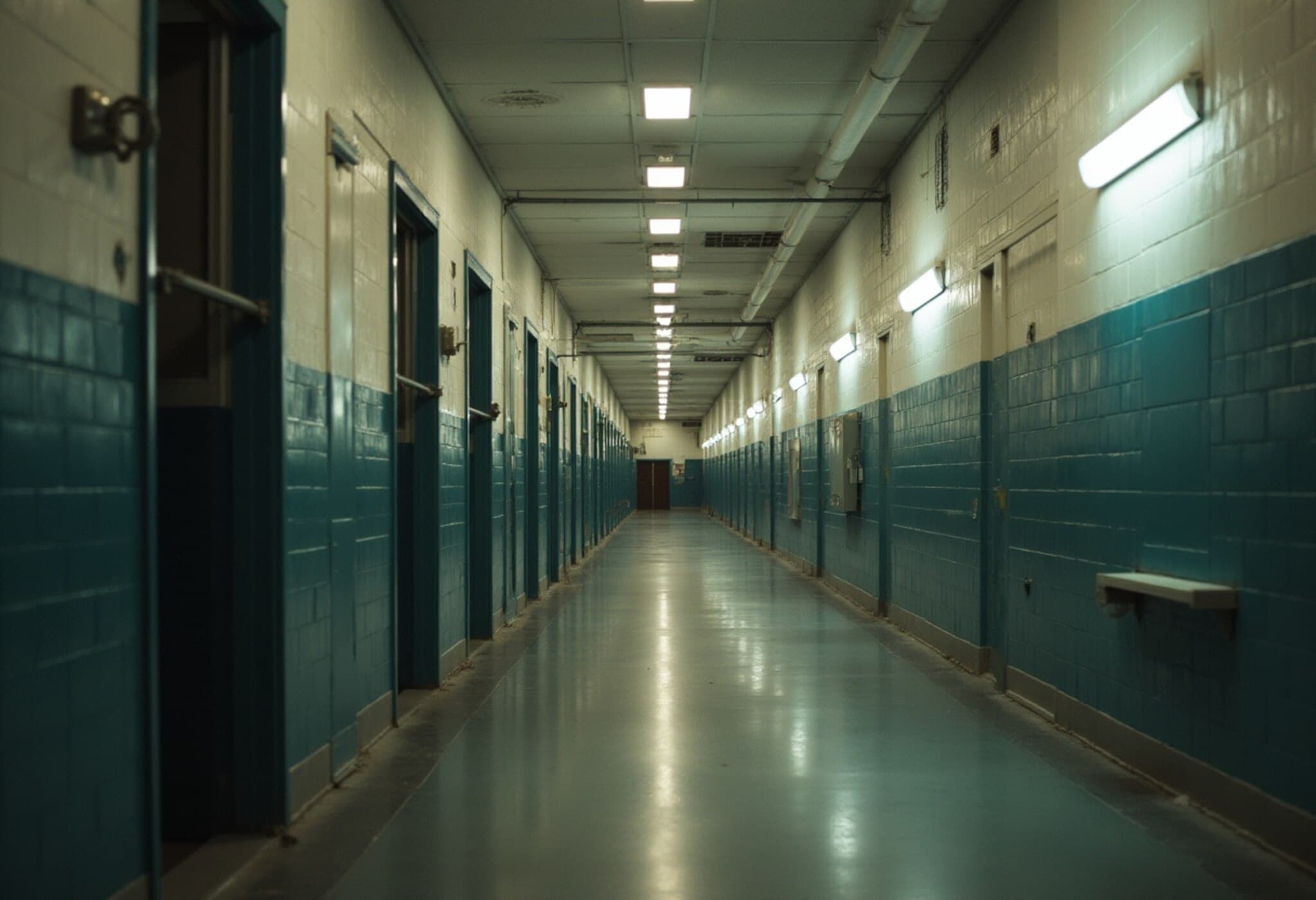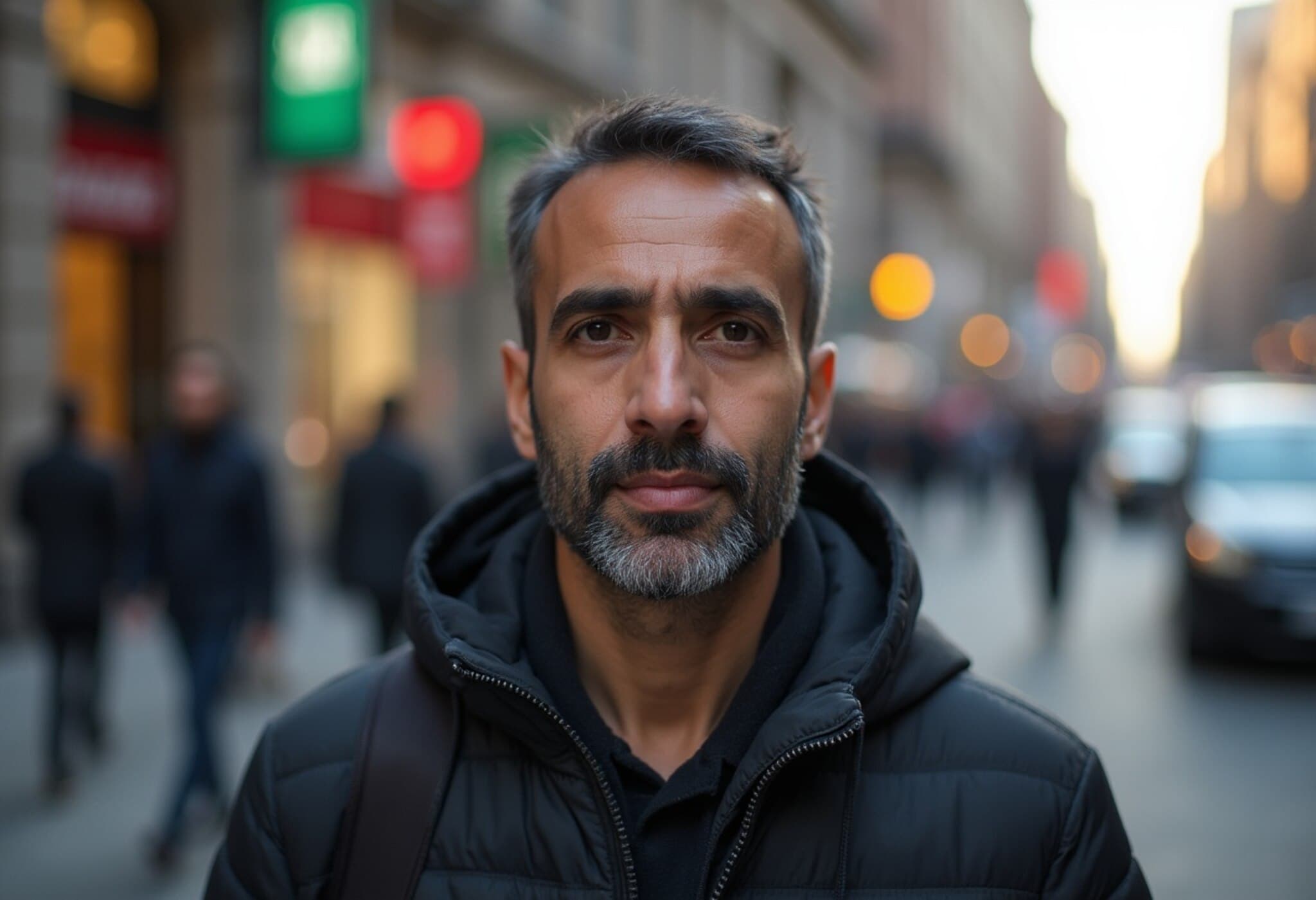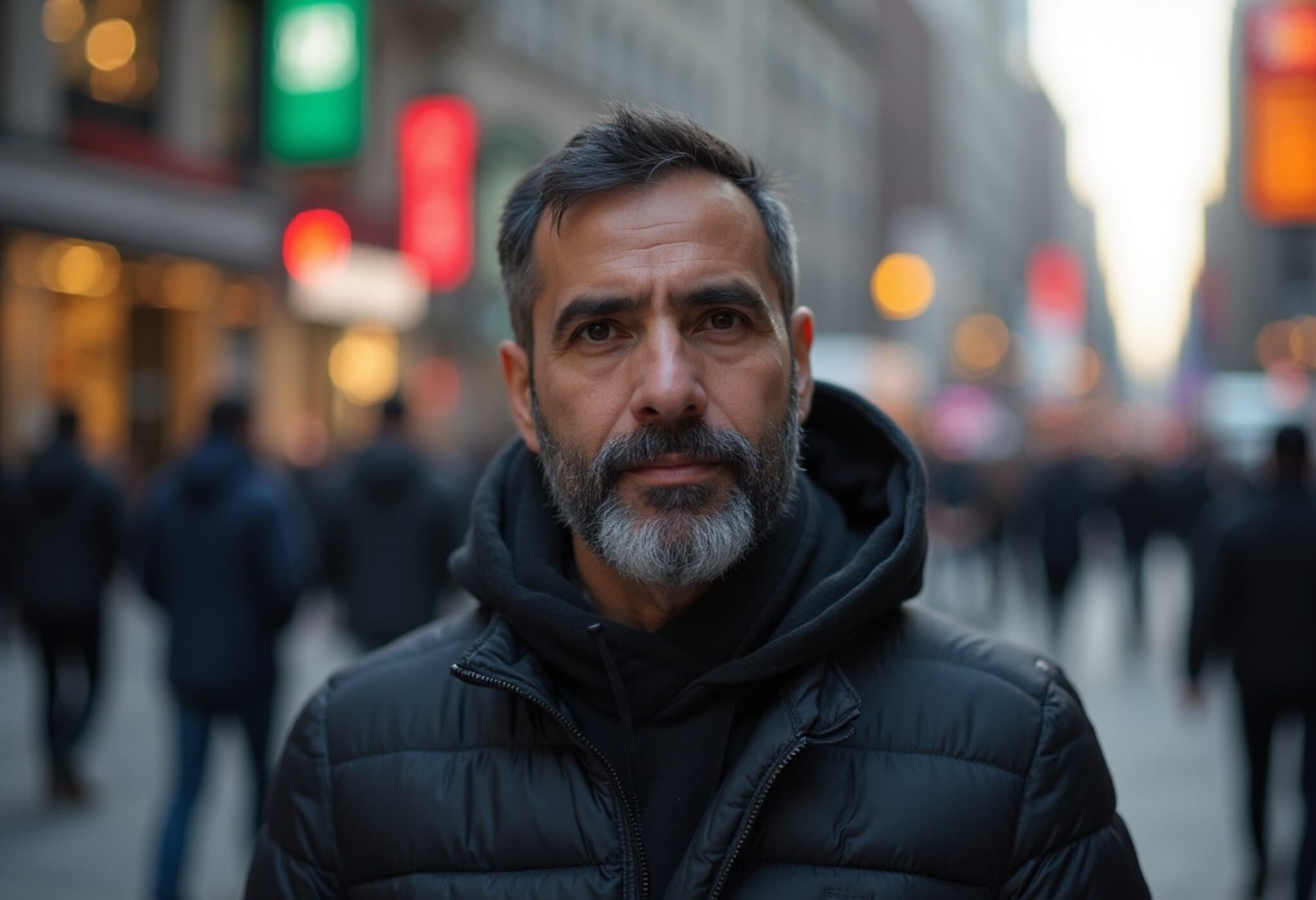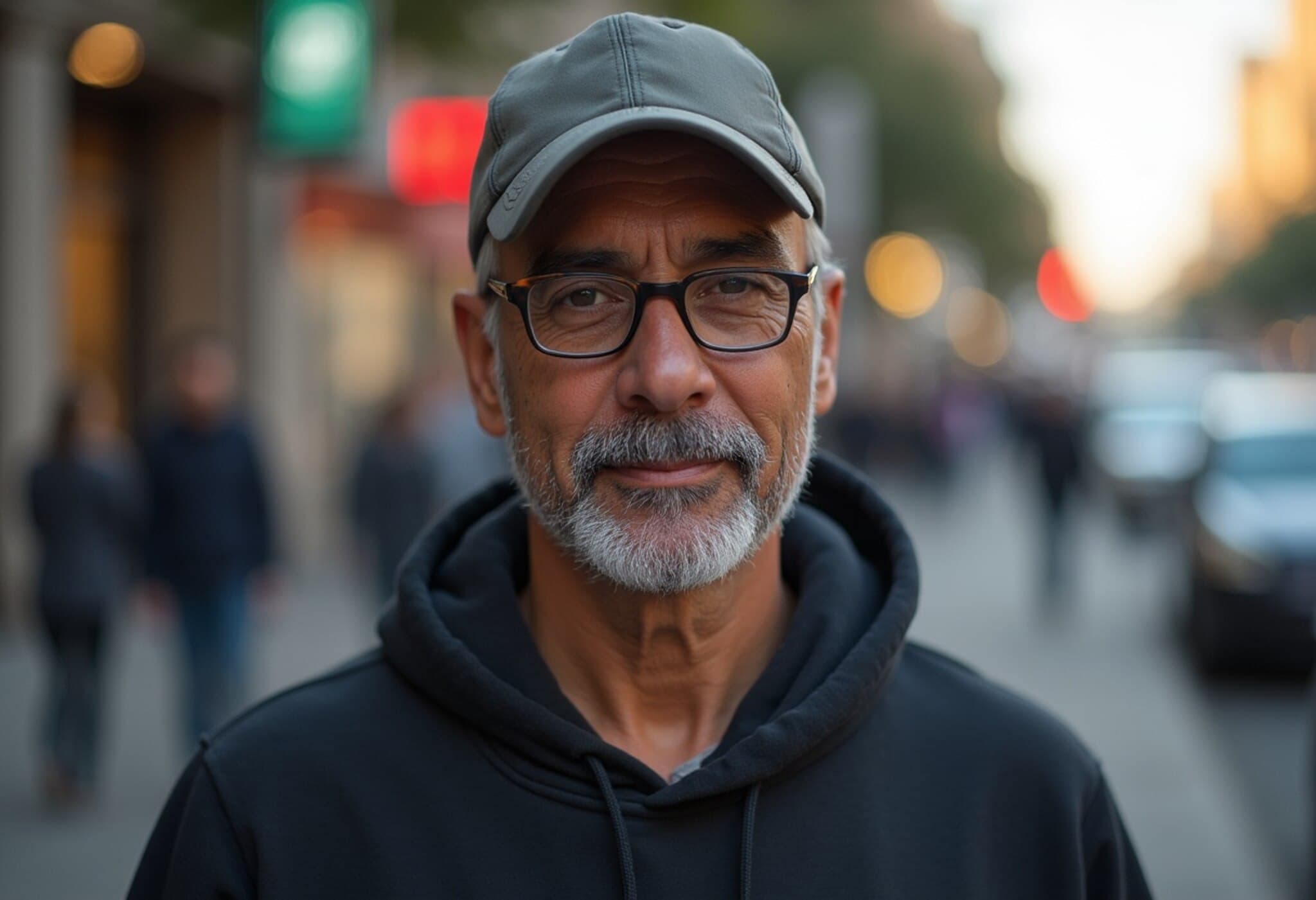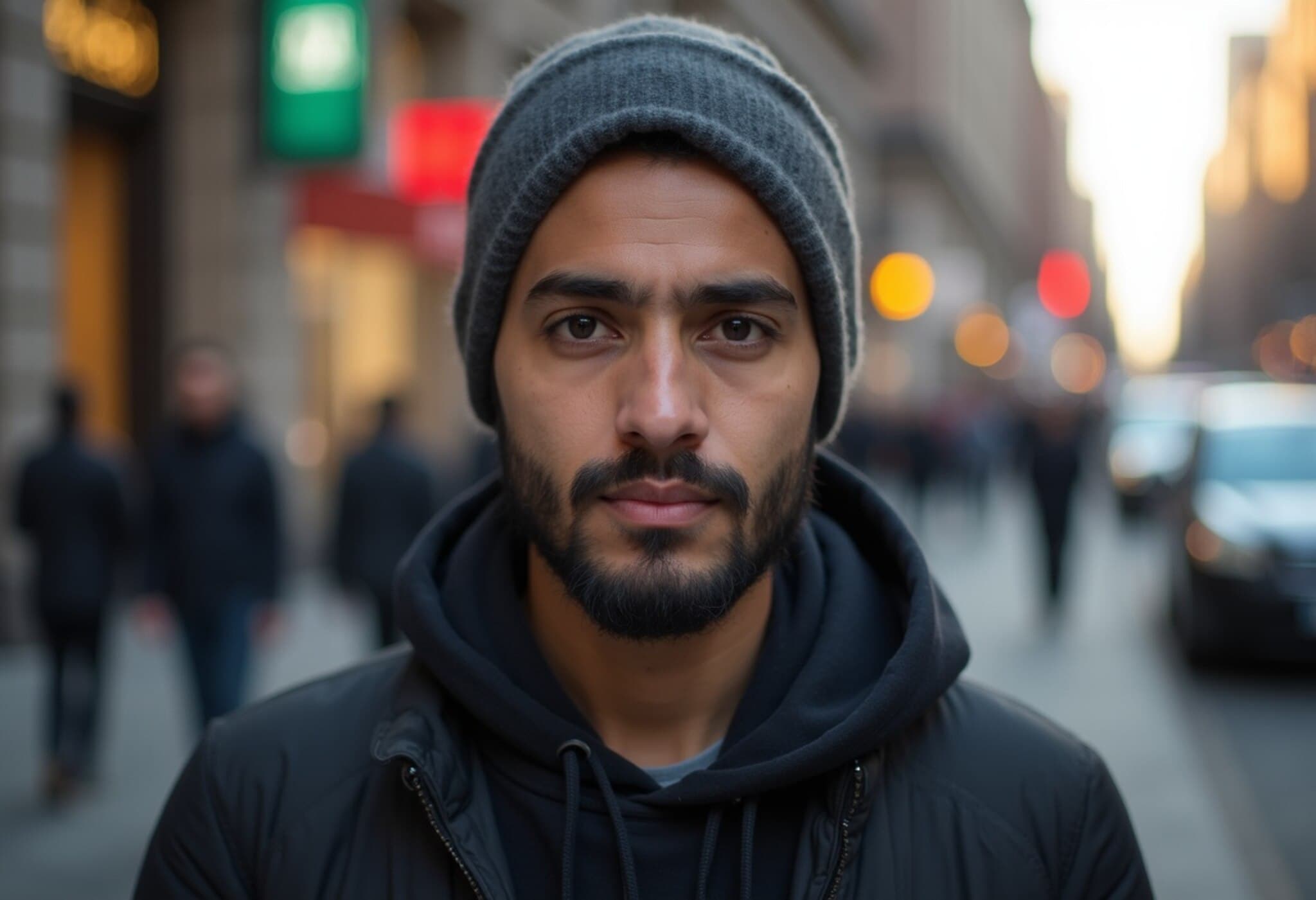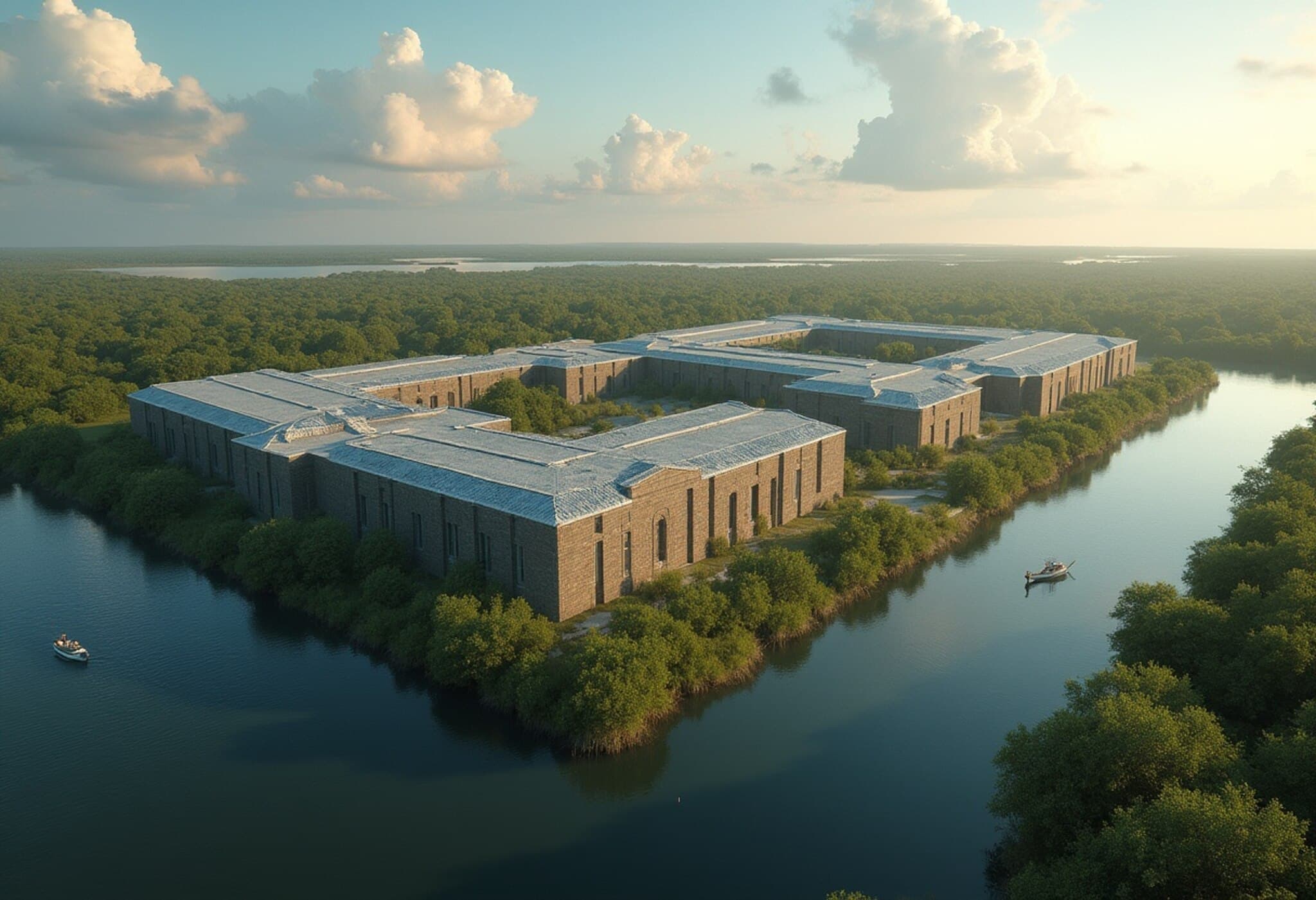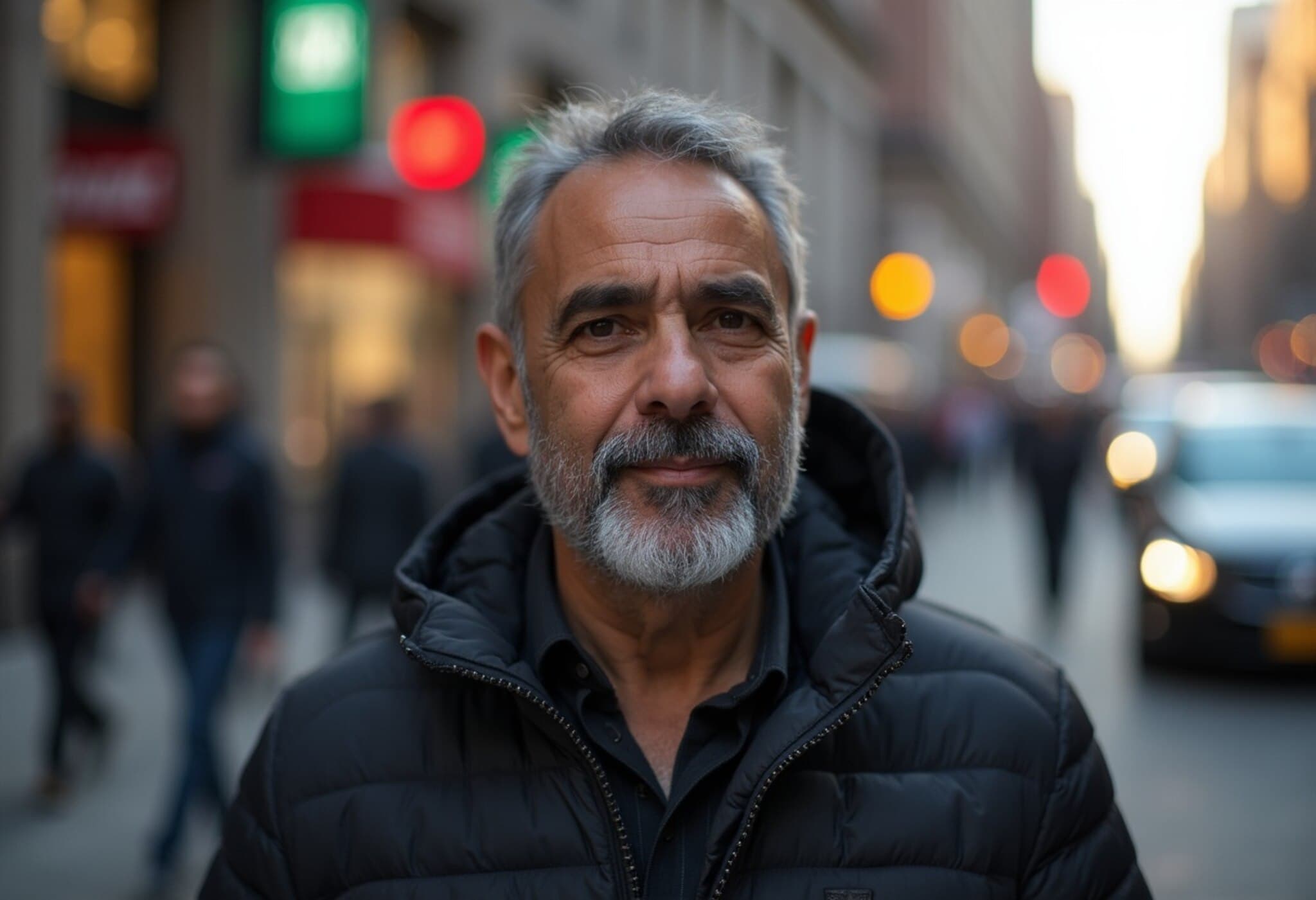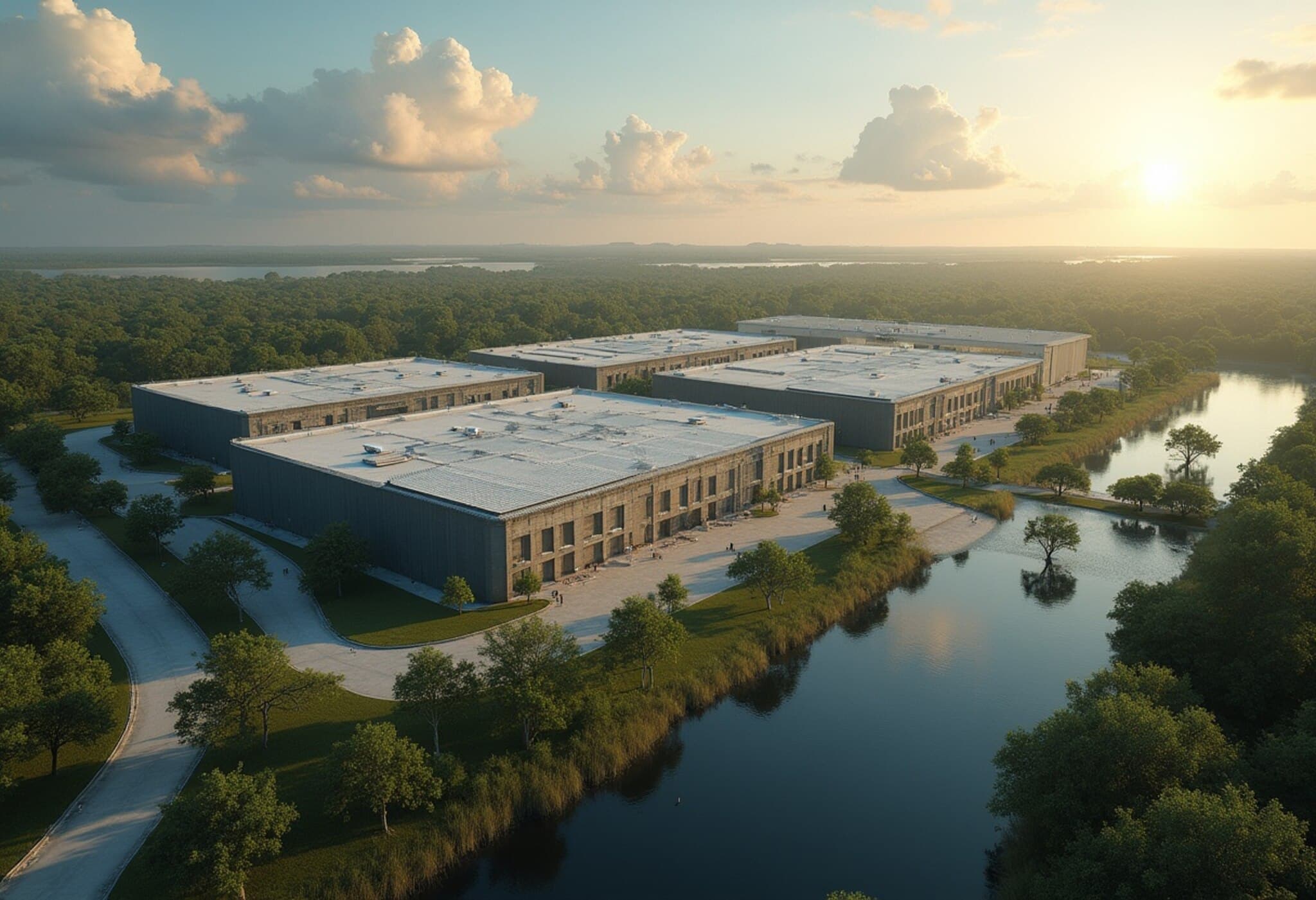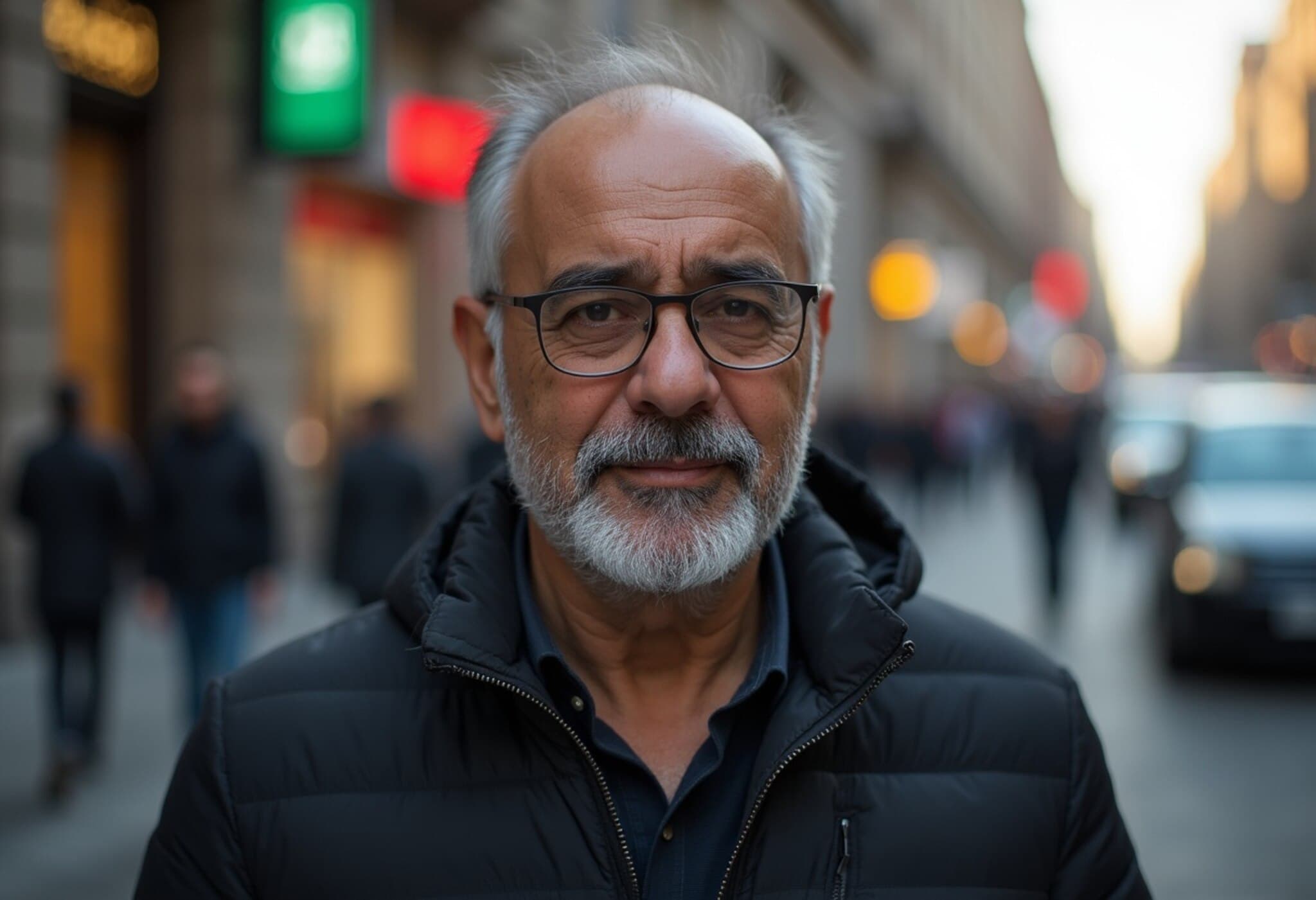Welcome to 'Alligator Alcatraz': The Harsh Reality of Florida’s Remote Immigration Detention Site
President Donald Trump's visit to a newly opened immigration detention center deep within the Florida Everglades, colloquially dubbed "Alligator Alcatraz," has sparked intense scrutiny and human rights concerns. Built rapidly on an isolated swampland airstrip, the facility was touted by Republican officials as an exemplar of tough immigration enforcement—aimed at deterring undocumented migration through harsh conditions. But accounts from detainees, their families, and attorneys paint a starkly different picture.
Horrific Living Conditions Unveiled by Detainees
Inside "Alligator Alcatraz," detainees have described a distressing environment rife with unsanitary conditions: food infested with worms, toilets that fail to flush properly, flooding with human waste, constant insect infestations, and brutal tropical heat exacerbated by unreliable air conditioning. Many report enduring days without showers or access to prescribed medications, while incessant lighting disrupts any semblance of rest.
One Cuban detainee’s wife, fearful of government retaliation, recounted chilling details: "They have no way to bathe, no way to wash their mouths, the toilet overflows and the floor is flooded with pee and poop. The meals have worms, and they only get to eat once a day with just two minutes to do so." Such testimonies underscore the immense psychological and physical toll wrought by the center’s environment.
Legal Access and Due Process Barred
Beyond the physical hardships, detainees and their attorneys face severe barriers to legal representation. Lawyers traveling to the facility have been repeatedly denied access, leaving clients—including vulnerable individuals like teenage detainees without criminal records—unable to meet their counsel. Phone lines are restricted to recorded calls, often cut short with announcements signaling surveillance, obstructing detainees’ rights to confidential communication.
Immigration attorneys highlight that these restrictions violate basic constitutional protections and due process guarantees. One attorney noted, "I was told to wait for a phone call in 48 hours with no contact information—this is a blatant denial of access to justice." The murky jurisdiction and opaque management of the facility further complicate detainees’ legal recourse, leaving many trapped in legal limbo.
Government Pushback Amid Growing Outcry
The Florida Division of Emergency Management counters these allegations by asserting the facility meets all required standards and is fully operational. A televised tour for President Trump and Governor Ron DeSantis displayed rows of chain-link cages under sprawling white tents, showcasing a strictly controlled environment deemed necessary to contain the "worst of the worst."
However, critics contend this narrative ignores the presence of non-criminal detainees and young immigrants protected under policies like DACA—the Deferred Action for Childhood Arrivals program—now confined in conditions unfit for humane treatment.
Political and Human Rights Implications
The emergence of "Alligator Alcatraz" reflects a broader, hardline immigration enforcement strategy championed by some conservative circles, emphasizing deterrence through punitive measures. Yet, humanitarian advocates warn this approach risks deepening systemic injustices, undermining America’s commitment to human rights and due process.
Legal experts emphasize the urgent need for transparency and accountability. They point to unresolved questions about jurisdiction, detainees' medical care, and proper legal procedures as central to safeguarding immigrant rights amid a politically charged climate.
Looking Ahead: Calls for Oversight and Reform
Following lawsuits demanding access and scheduled site visits by lawmakers, the pressure mounts on authorities to open the facility to independent inspection and ensure conditions meet basic legal and ethical standards.
- Will the administration address the reported violations and improve detainee care?
- How will the justice system reconcile the detention of individuals with no criminal records?
- What role can policymakers play to balance enforcement with human dignity?
The case of "Alligator Alcatraz" is more than just a story about detention—it is a touchstone in the ongoing debate about immigration policy, human rights, and the American legal system’s capacity to uphold justice even in challenging contexts.
Editor's Note:
This chilling glimpse inside "Alligator Alcatraz" forces us to confront urgent questions about how far immigration enforcement should go and at what human cost. As legal battles unfold and public scrutiny intensifies, stakeholders must reckon with the balance between border security and the fundamental rights owed to every individual on U.S. soil. This story demands sustained attention, nuanced debate, and compassionate policymaking to ensure that dignity is never sacrificed at the altar of deterrence.

